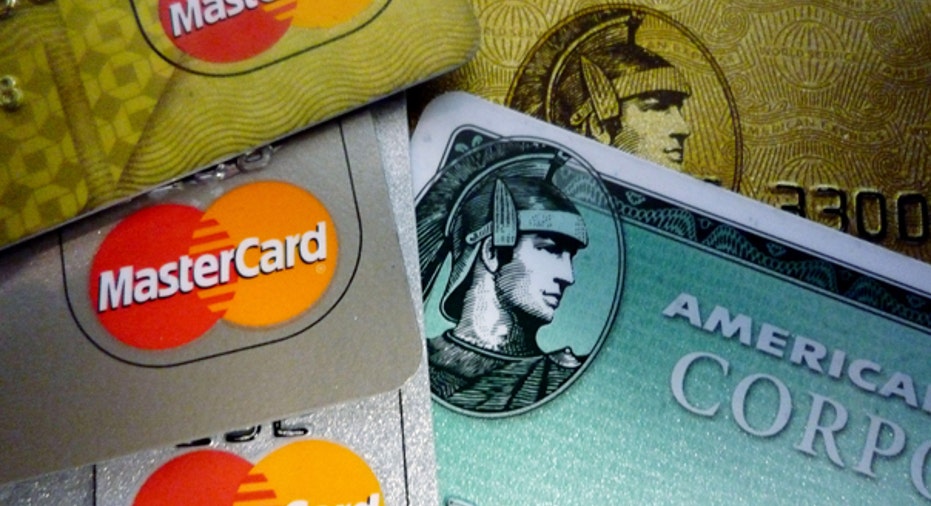What Can Creditors Take in a Bankruptcy?

Dear Bankruptcy Adviser,
I am on very limited income: unemployment and early Social Security. If I file Chapter 7 bankruptcy, can my creditors such as banks (for my charge cards) take my personal items such as jewelry, clothes or furniture? Should I do something with these items before filing? And will Chapter 7 delay my home foreclosure?
-Chuck
Dear Chuck,
I am pretty confident that the creditors do not want your clothes or furniture. And unless you happen to have some very valuable jewelry, those items are likely safe as well.
Your question is difficult to specifically answer only because each state has different and distinct bankruptcy laws. However, there are a few major things that you should know prior to filing bankruptcy. The person assigned to your case, called a trustee, will have particular interest in the following issues -- of course, there are others, but these are some of the big issues to cover:
Transfer of assets
Do not transfer items out of your name with the hopes of protecting them. You risk the property more when you take it out of your name. For example, in most cases, I can easily protect a vehicle that is paid in full when the vehicle is still registered in my client's name. However, if my client transferred the vehicle to a friend, family member or even complete stranger prior to filing bankruptcy, I might not be able to protect that vehicle anymore.
The court and state legislatures do not want people with a bunch of assets taking those assets out of their name simply to get rid of the bad debt and keep the valuable asset. That is not reasonable. If you live in a state that does not allow you to protect many items, you must legally, reasonably and responsibly plan for a bankruptcy filing. There are legal ways to protect assets, but transferring them out of your name on the eve of filing bankruptcy is not one of them.
Cash advances
The creditor will look at your account after you file. Large cash advances could be viewed as fraudulent activity and could mean you would have to pay back some or all of that debt after your case has been filed. Usually you don't pay back the full balance, just some, or all, of the cash advance you took prior to filing.
Payments to family
Mom and your favorite uncle Charlie are considered creditors. However, just because you feel it is important to pay them, it does not mean the court considers their debt to be any different than that of any other creditor.
Pending or current lawsuits
You might be suing someone or intend to sue. You will need to disclose any current or pending litigation you are involved in, even workman's compensation cases. Lawsuits are considered assets and must be disclosed. The trustee may or may not have interest in the lawsuit, but you must give the trustee the first opportunity to review any litigation you are involved in or may be considering.
Disclose any potential inheritance
This is a very difficult issue to discuss in a short column, so I will keep this very simple. You need to make sure to disclose whether you have your name on a trust or whether you are about to receive an inheritance. There are specific time limits associated with this information. If you have the potential of receiving money from a family member or friend, you must speak with an attorney.
Filing bankruptcy before a foreclosure
Finally, you ask about filing bankruptcy to slow down a foreclosure. There are a few exceptions, but if you have other debt, a second mortgage you will be liable for or credit card debt, it is legal to file bankruptcy right before the foreclosure sale of your property.
Each state is different, but filing right before a foreclosure does buy you a little more time. How much is difficult to say. I usually tell clients that they will have approximately six to eight weeks more in the property. Some clients get much more time than that.
You will need to be aware of the issues I have listed above. You don't want to compound the bankruptcy filing to stop a sale with the loss of valuable assets.
Get weekly advice on slashing debt and debt consolidation tips! Subscribe to Credit Card News.
Ask the adviser
To ask a question of the Bankruptcy Adviser, go to the "Ask the Experts" page, and select "Bankruptcy" as the topic. Read more Bankruptcy Adviser columns and more stories about debt management.
Bankrate's content, including the guidance of its advice-and-expert columns and this website, is intended only to assist you with financial decisions. The content is broad in scope and does not consider your personal financial situation. Bankrate recommends that you seek the advice of advisers who are fully aware of your individual circumstances before making any final decisions or implementing any financial strategy. Please remember that your use of this website is governed by Bankrate's Terms of Use.



















